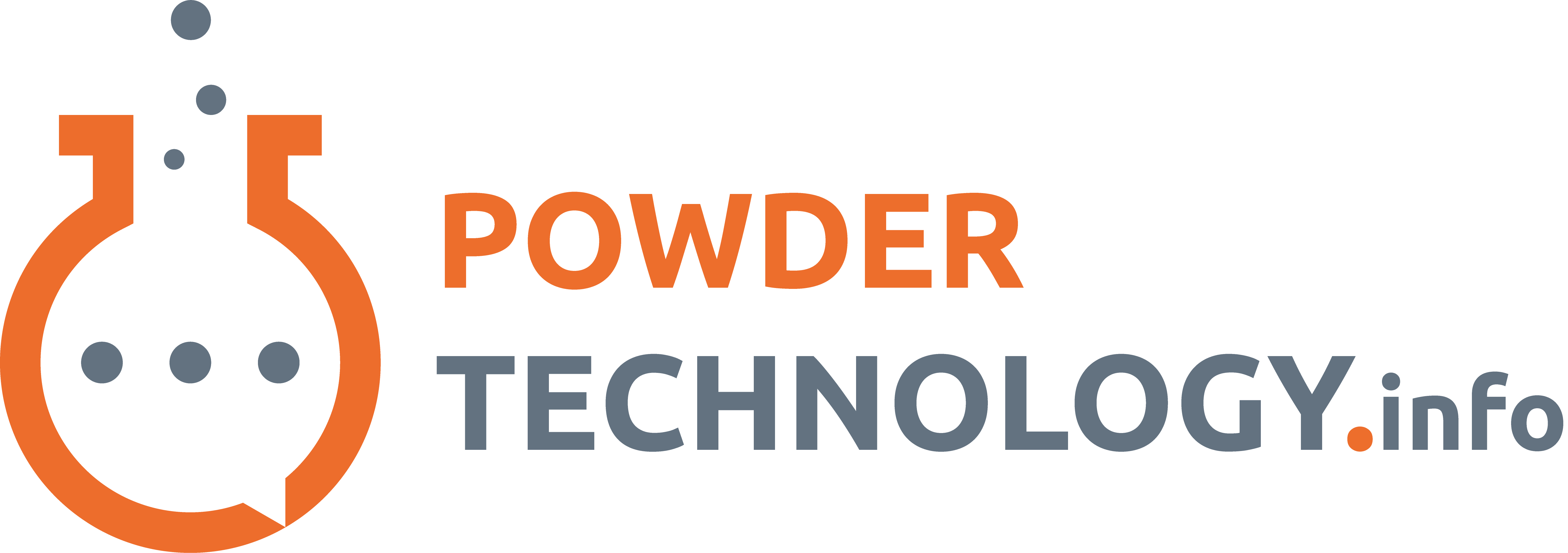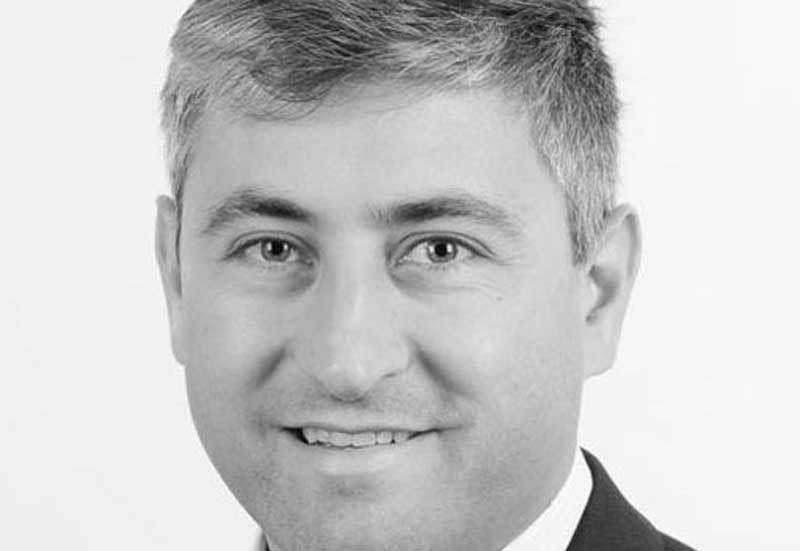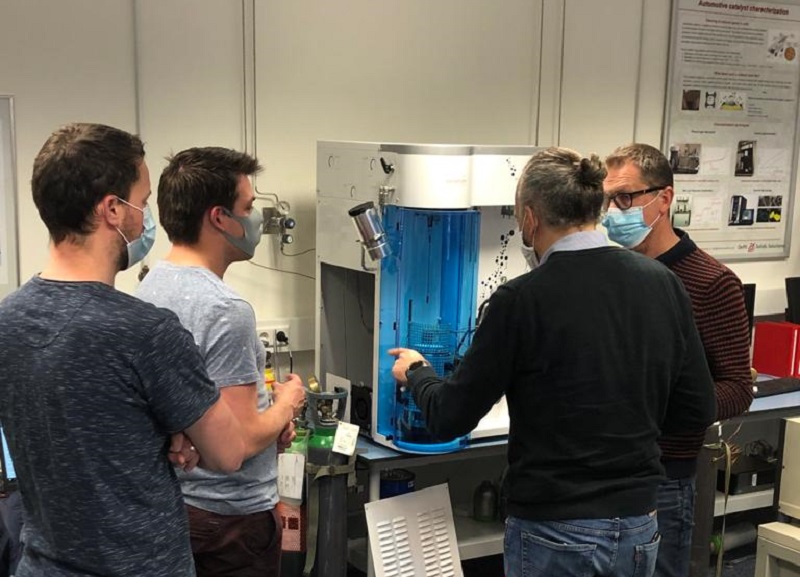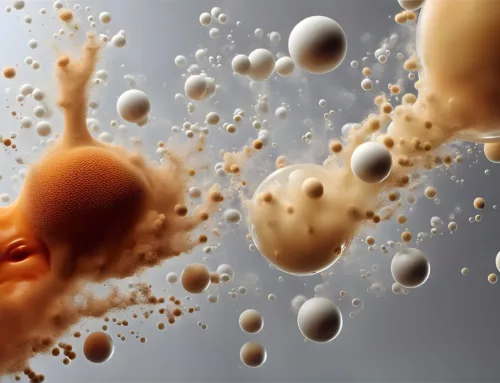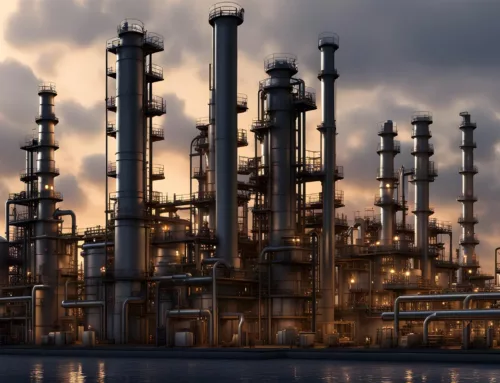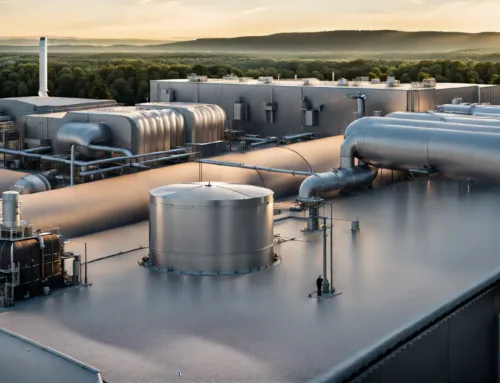Avantium Catalysis Services
Avantium was founded in the year 2000 and is headquartered in Amsterdam, with extensive R&D laboratories and three pilot plants in Geleen and Delfzijl, the Netherlands. Avantium is an innovation-driven company dedicated to developing and commercializing breakthrough technologies for the production of chemicals from renewable sources and circular plastic materials used for a variety of consumer products.
Avantium Catalysis Services for R&D
Avantium Catalysis helps customers to accelerate their catalyst R&D – offering innovative systems and services to unveil deeper insights into catalyst properties and performance. The Avantium proven Flowrence® parallel fixed bed reactor platform generates extremely accurate and repeatable data and is optimally configured for side-by-side catalyst performance tests, allowing for a direct comparison of the catalyst performance without compromise data quality (repeatability, reproducibility, and scalability) with low amounts of feed (less waste generated).
Please tell us a bit about yourself?
I am Portuguese living in The Netherlands, married, and with two children. I have almost 20 years of experience in the refining industry with an MSc in chemical engineering from the University of Aveiro and a Professional Doctorate in Engineering from Delft University of Technology.
Tell us about your roles at Avantium. What is it you do?
I am responsible for the Refinery Catalyst Testing global services at Avantium, accountable for the overall performance of the business line. Set direction, and objectives, and drive its implementation in coordination with the contributing functions and other directors. We offer refineries the service of comparing multiple catalysts side-by-side (16 reactors in parallel) before deciding which one is best for their refining units.
Catalyst is an all-purpose word, what type of catalysts do you test?
Avantium Catalysis Services provides independent testing for hydrotreating for ULSD or VGO, hydrocracking, reforming, isomerization, dewaxing, and FCC pretreat for up to 16 different catalysts (including stacked-beds) using the refinery feedstock and process conditions.
What means of testing does Avantium employ?
We make use of our patented technology 16-parallel reactors micro-pilot plants with unmatched reactor-to-reactor reproducibility for scalability of results. All major catalyst suppliers have validated our methods, approach, and testing technology. This allows us to evaluate the comparison of the catalytic performance of the different catalysts. We have engaged with DSS to perform physical property testing e.g. crushing and attrition of naphtha reforming CCR catalysts for our refinery customer.
Delft Solids Solutions tests certain types of catalysts for Avantium to determine the strength of certain types of catalysts. How did this partnership come about, and why Delft Solids Solutions?
Our refinery customer requested that we also perform crushing and attrition testing on the CCR catalysts we were evaluating for them. Since we need to subcontract these tests we enquired our partners in our network and DSS was referenced to us. After the initial contact and vetting done by our customer, we decided to establish a partnership with DSS, not only for these tests but also for all future requests from our customers. In our business of independent catalyst testing from different suppliers, it is very important to establish relationships with partners that we and our customers can trust so we can provide the high-quality services that we promise.
How has the work done by Delft Solids Solutions benefitted Avantium and her clients?
The information provided by DSS is important for the operation of commercial CCR reactors. The mechanical properties of the catalyst are also important in CCR applications. Unlike fixed-bed catalysts, which are mainly concerned with crush strength to endure the static load forces within a fixed bed, CCR catalysts are spherical and designed to resist the dynamic forces from slow movement in the catalyst beds to pneumatic lifting between reactor and regenerator.
These forces lead to particle attrition and fines production. Although the fines or broken pieces of the catalyst are captured within the system, they can lead to fouling of screens and increase pressure drop.
Delft Solids Solutions intensifies partnership with Anton Paar.
Delft Solids Solutions is pleased to announce a new scope of partnership with Anton Paar Benelux. Austria-based Anton Paar together with its sales offices in the Benelux represents the world’s premier analytical instrument manufacturer, one with a longstanding record of making top tear analyzers.With this partnership, Anton Paar will be able to offer its clients the Delft Solids Solutions laboratory environment as a demonstration and test facility. Delft Solids Solutions upgraded her laboratory with the newest state-of-the-art Anton Paar equipment.
“Anton Paar’s accurate laboratory instruments allow our researchers to analyze data and offer clear results, which benefits our clients in the analyses work as well as in the research and development work we do. This way we help our clients in their product quality control as well as product development.” Said Louk Peffer, director, and co-owner of Delft Solids Solutions.
Anton Paar visited the office and laboratory facility of Delft Solids Solutions on Wednesday the 21st and on Thursday the 22nd of April to install the following instruments:
Avantium Catalysis Autosorb iQ Services
These high-sensitivity gas absorption analyzers use proprietary small cold-zone technology for detailed micropore size distributions of up to three samples simultaneously. They perform the most challenging measurements of zeolites, activated carbons, and MOFs, for novel materials research in environmental and industrial applications such as gas storage and supercapacitors. Their internal vacuum pumps and dedicated sample preparation stations minimize bench space.
Ultrapyc 5000 Micro
Ultrapyc gas pycnometers measure the true and skeletal density of solids to track their purity and porosity. Measurements take less than 10 minutes, so they are perfect to control the quality of your solid materials throughout the manufacturing process. Ultrapycs combine decades of knowledge with groundbreaking innovations for battery materials, pharmaceuticals, building materials, or any solid materials.
PoreMaster 60GT
The PoreMaster series of mercury intrusion porosimeters minimizes the possibility of exposure to both liquid mercury and mercury vapor, ensuring maximum safety for operators. The numerous automated and ergonomically considered features provide a simple operation experience while determining the size distribution and volume of the macropores in the materials analyzed.
“This partnership is a beautiful next step in the work we’ve already done together. We have a long track record working together with Delft Solids Solutions, in 2019 we worked together with the Delft University of Technology and Delft Solids Solutions to identify potential applications of the newly developed Powder Rheometer, this formed the basis of intensifying our partnership.” Said contact persoon Anton Paar.
Sharing knowledge and information
Anton Paar and Delft Solids Solutions will also share expertise and academic and industrial know-how. This sharing of information and know-how will lead to us working together on the development of relevant seminars and courses as well. We are currently investigating various topics such as stickiness, Powder & Particle Characterization, flowability, as well as work together on practical application days where Anton Paar clients can experience the instruments in a practical environment.
Want to learn more about how we can be of service to you.
Please share your question or remark with us here.
